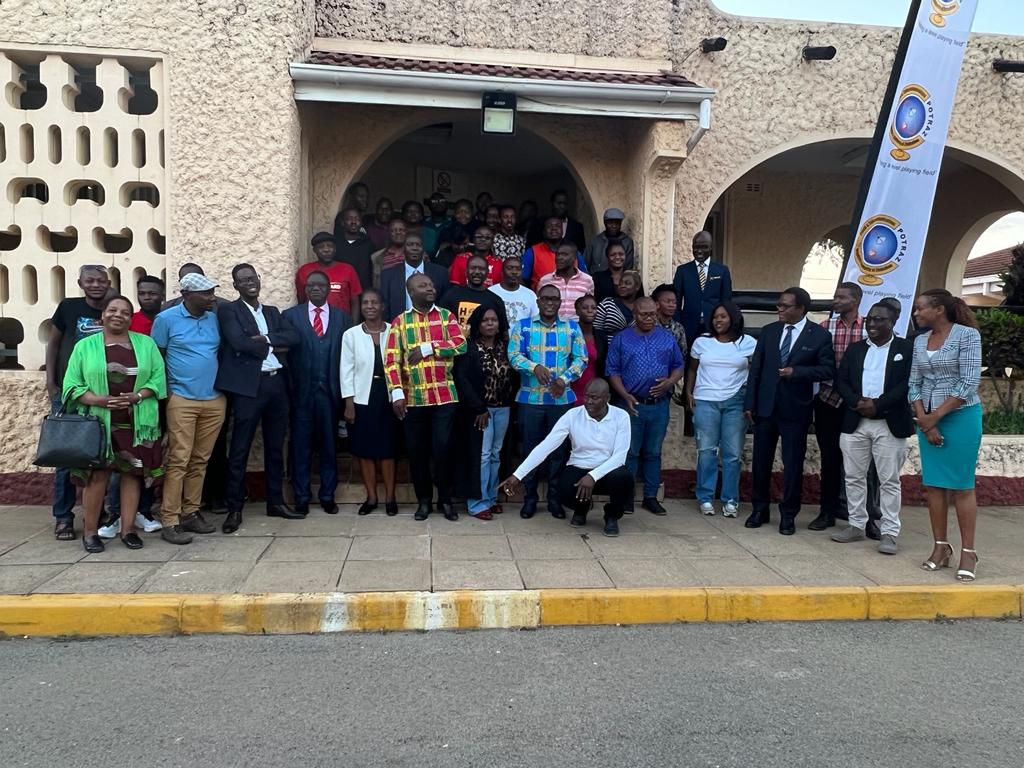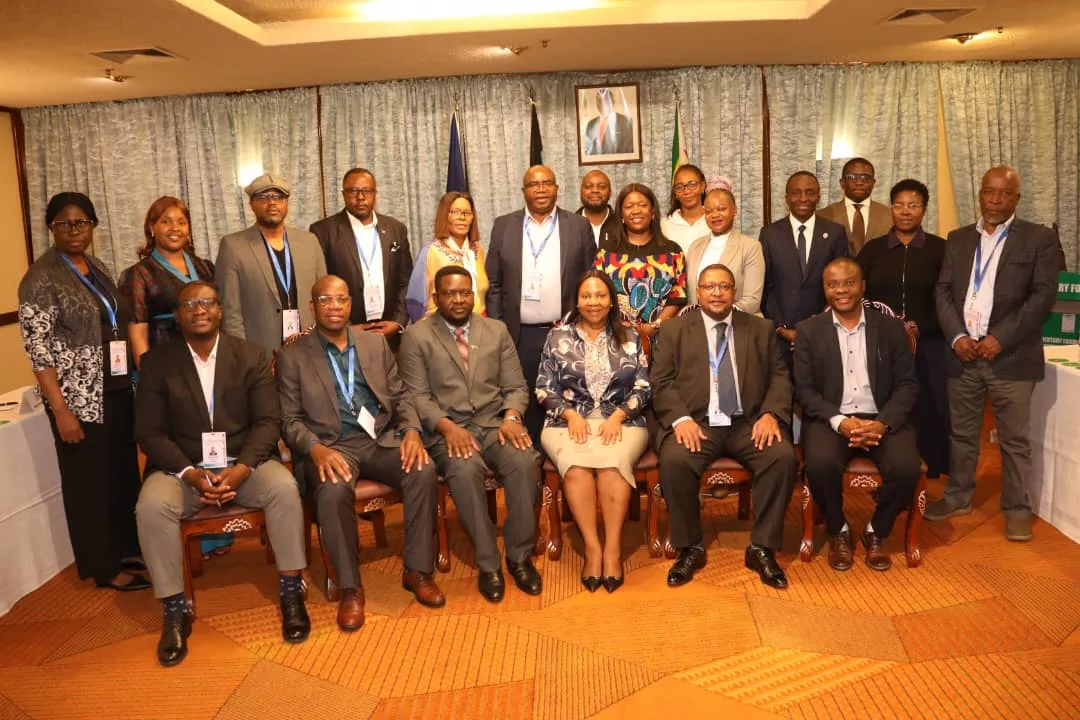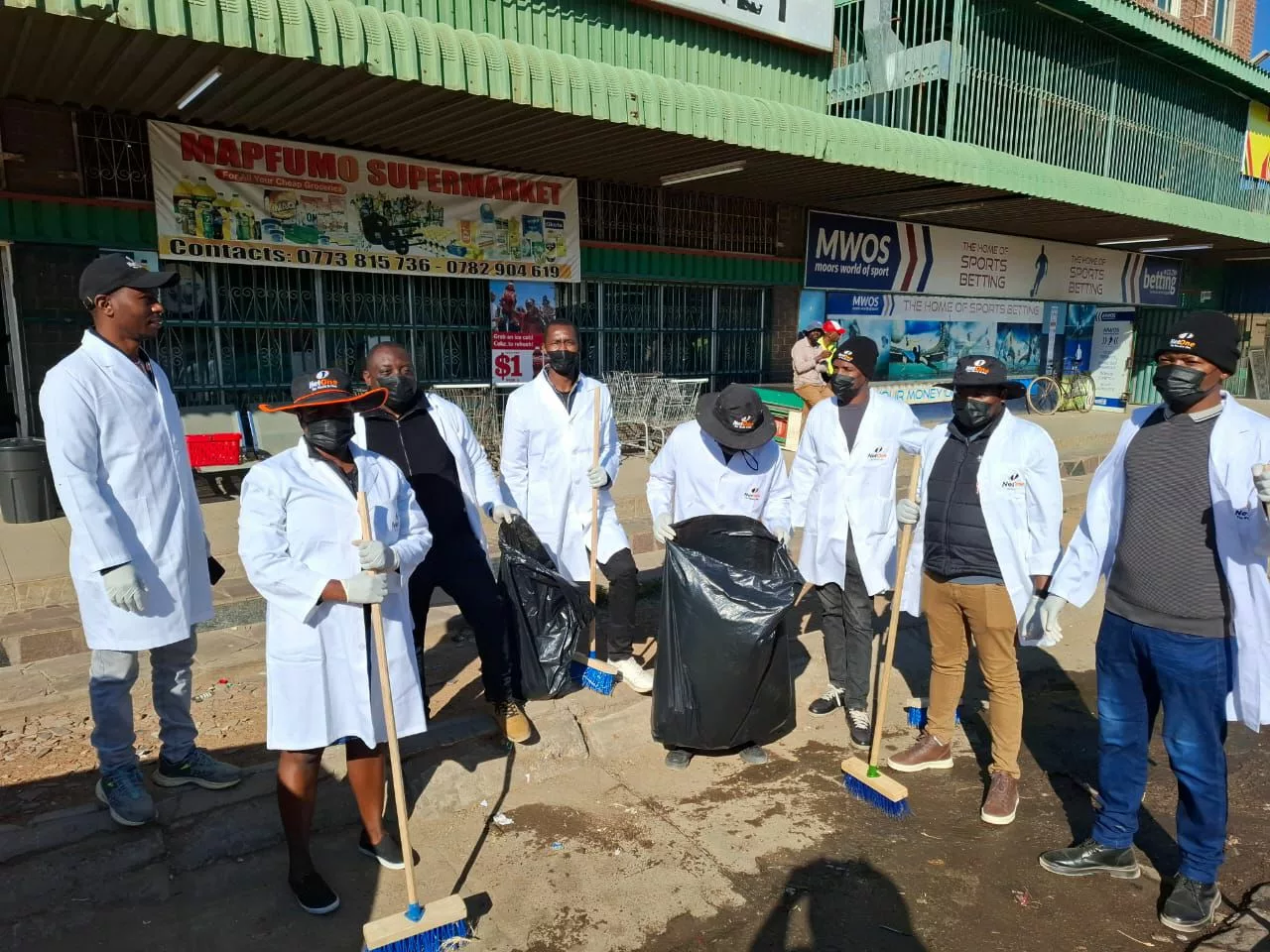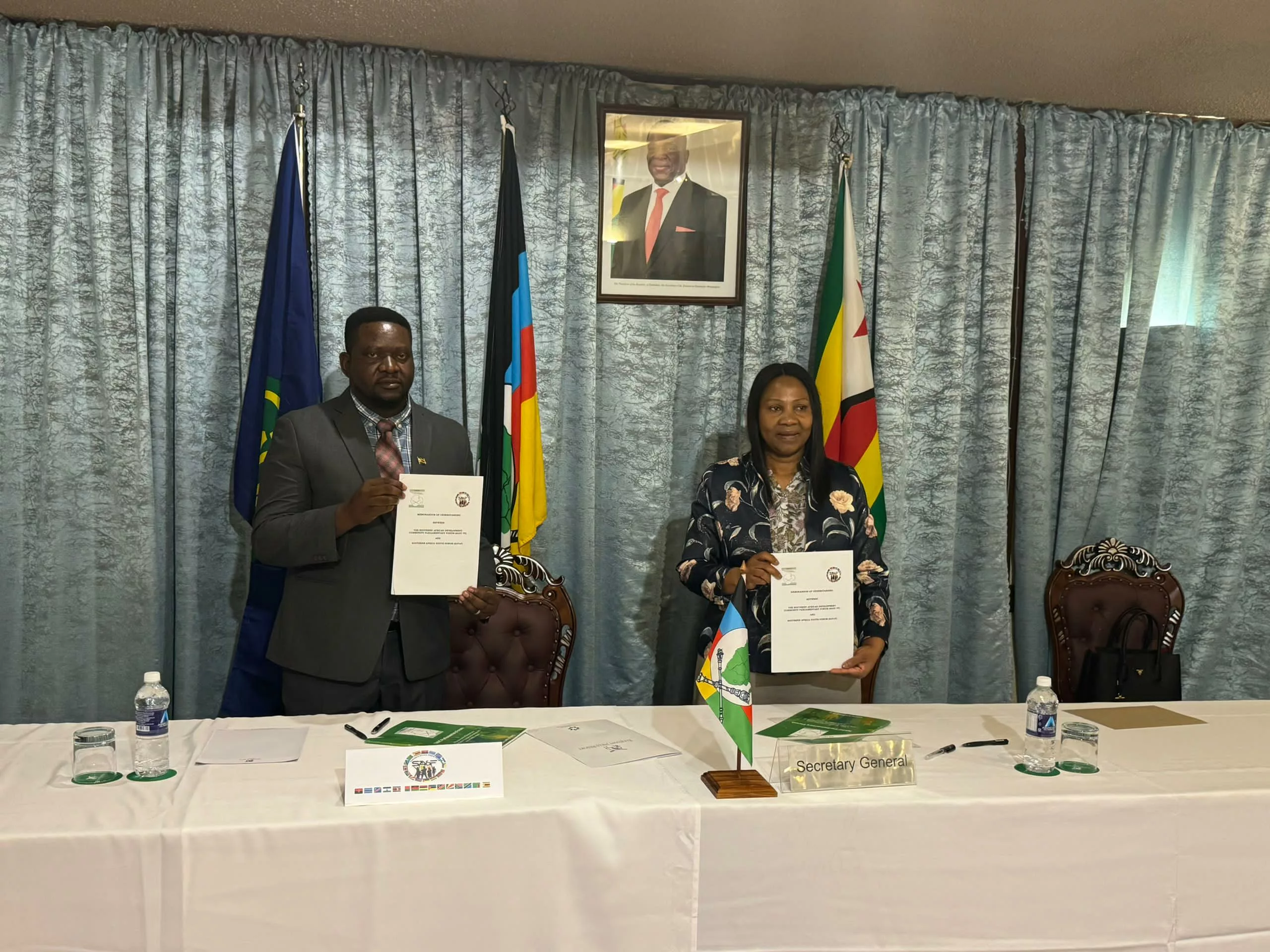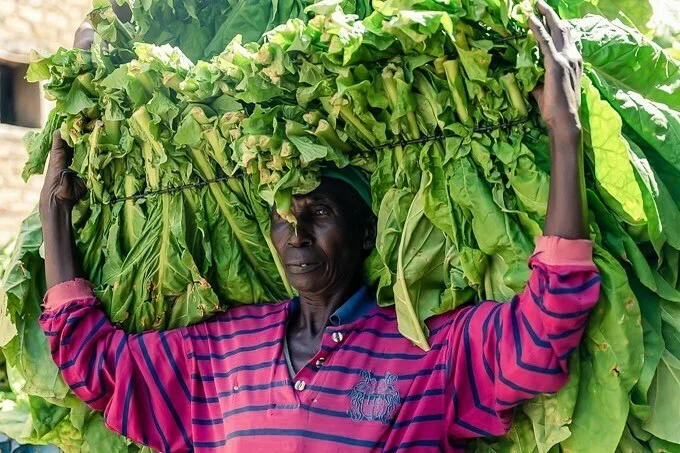|
Getting your Trinity Audio player ready...
|
A call has been made on online content creators to focus on churning out positive content as stakeholders journey towards Vision 2030 of attaining an upper-middle-income economy.
In his keynote address, while officially opening an online content creation two-day workshop by the Zimbabwe online content Creators (ZOCC) in partnership with the Postal and Telecommunication Regulatory Authority of Zimbabwe (POTRAZ) that kicked off in Kadoma today, Dr. Jenfan Muswere, the Minister of ICT, Postal, and Courier Services encouraged the production of local content that ensures the building of a positive image of the country.
“Building a positive image also goes with human capital development. I urge participants here to create positive local content as we connect the unconnected, and by so doing ensure that we leave no one behind. In the past, newspapers were on street corners but they are now available on the phone. Videos and photos can be accessed on a phone that has a radio, bank, asset diaries, and all the content accessible through broadband.
“Data is one of the most traded products or services. There is a need to create positive content by utilizing ICTs. We are in the process of reviewing the ICT Policy, the National Broadband Plan, and the Smart Zimbabwe Master Plan covering aspects like smart health, and smart education,” Minister Muswere said.
The government is doing work in sync with the fourth industrial revolution. Community information centres (CICs) are being developed, through which local content creation is made possible and easy. There are also containerised village information centres (VICs) with a view to creating the right energy, and ethical content for the country.
The Cybersecurity Act is also meant to ensure ethical, and professional journalism. With the use of broadband and data, negative content can, unfortunately, be circulated but the bill ensures the safe utilisation of content and ensures vibrant journalism. The Data Protection And Cybersecurity Act contains penalties for reporting fictitious, and fake news. It also protects journalism.
Dr. Gift Machengete, the POTRAZ Director-General encouraged the production of content that is good and healthy.
“Is all that content relevant to our society? Is local content assisting in community development? Well, the answers to these questions are YES and NO. indeed, some content is good, relevant and beneficial and some are not.
“We are all gathered here to see how best we can leverage on the artistic prowess of content creators to create and disseminate local content which benefits our communities – content which contributes meaningfully to national development starting with the grassroots – content which promotes government’s devolution agenda – content which creates employment and contributes to the digital economy. We are all gathered here to strategise on how best we can convert Community Information Centres into hubs for such progressive local content,” Dr. Machengete said.
The workshop spotlights the advantages of local content in local languages and the Government’s expectations in terms of local content for Community Information Centres, Community Networks, Schools and other facilities where the Internet can be accessed. The obvious advantages of local content are inclusivity in the use of the Internet and employment creation for local content creators.
The workshop will also decipher the Cyber and Data Protection Act in the context of local content creation. In so doing the workshop will be enlightened on the need for child and society-friendly content. There will be a discussion on how content may affect mental health.
“Some content can be tantamount to cyberbullying while some can amount to peer pressure which may even lead to suicides. On a more technical level, we will learn about the symbiotic relationship between broadband development and local content creation. As well, we shall hear a presentation on how local content creators can fully leverage the vast postal network and on community networks for local content development,” Dr. Machengete said
He added that local content creation brings about new opportunities for local content hosting and creating local internet traffic.
“We ought to replace google servers with local servers as we move towards the hosting of local content locally. We have so much good content created by Zimbabweans with millions of hits, but all this content is hosted internationally, yet there is provision to do so locally. We shall again, hear more on this topic during this workshop.
“On another note, there is a need to create sector-specific local content for the different sectors such as education, health, tourism, and mining. Because content creators may not be experts in these fields, how are they going to generate relevant content? These are some of the questions we should be thinking of. A presentation to spark discussion on this is on the cards. Furthermore, issues of Intellectual Property Rights are also in the lineup for discussion as these are central to content creators. Who will own the content that you shall create for Community Information Centres for instance? Can you use that content outside its originally intended realm? These are more questions that I am sure will crop up or may be answered in the presentation on Intellectual Property Rights,” he added.
Dr Beaullah Chirume, the Permanent Secretary in the Ministry of ICT, Postal and Courier Services, said the workshop is a true representation of convergence to ensure responsible information to educate our citizens.
“This workshop is important in this day and era given the fact that there is an influx of digital platforms that can be used to provide content. To aid this, a number of access channels and smart platforms are being created by the government. Unfortunately, digital content is being accessed and distributed by people without knowledge of ethical and professional know-how about content and this should be addressed pertinently,” Dr. Chirume said.
Hon Kindness Paradza, the Deputy Minister of Information, Publicity and Broadcasting Services said the Second Republic has done tremendous work entrenching citizens’ rights to free expression and access to information as evidenced by the opening of the airwaves with the government giving out radio and TV licences to independent players.


